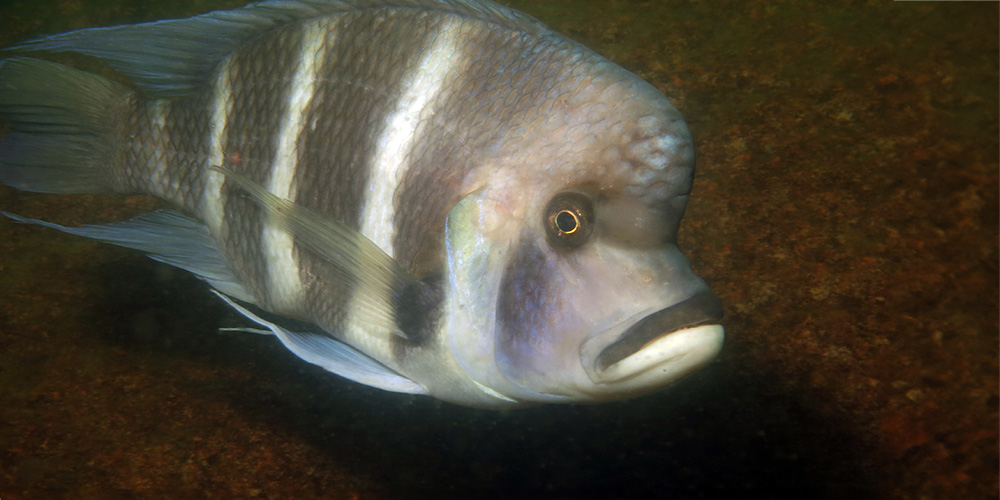Whenever a child behaves aggressively at school, a lack of parenting is often assumed. This overlooks the possibility of underlying mental health problems. Through a new type of training program, researchers at the University of Basel are attempting to train young people to better cope with stress and strong emotions.
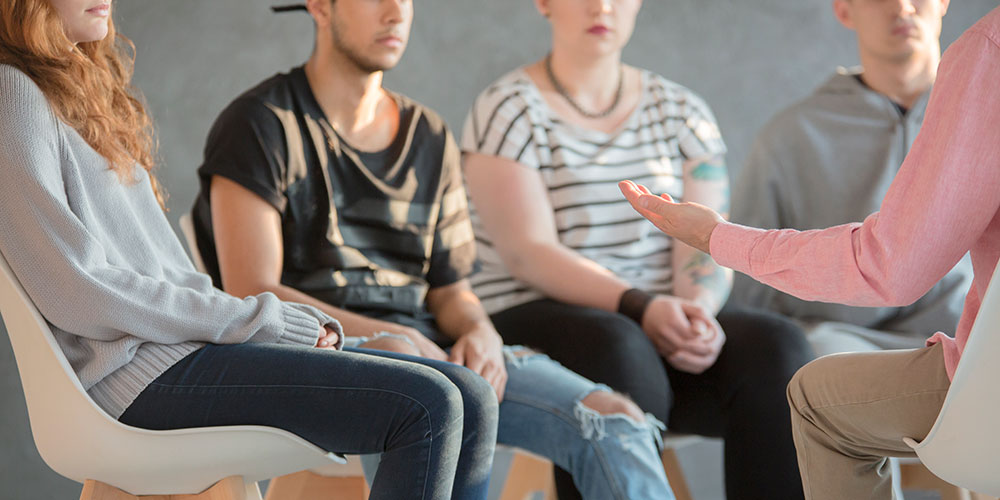
Researchers from the University of Basel and the NCCR SPIN have achieved the first controllable interaction between two hole spin qubits in a conventional silicon transistor. The breakthrough opens up the possibility of integrating millions of these qubits on a single chip using mature manufacturing processes.
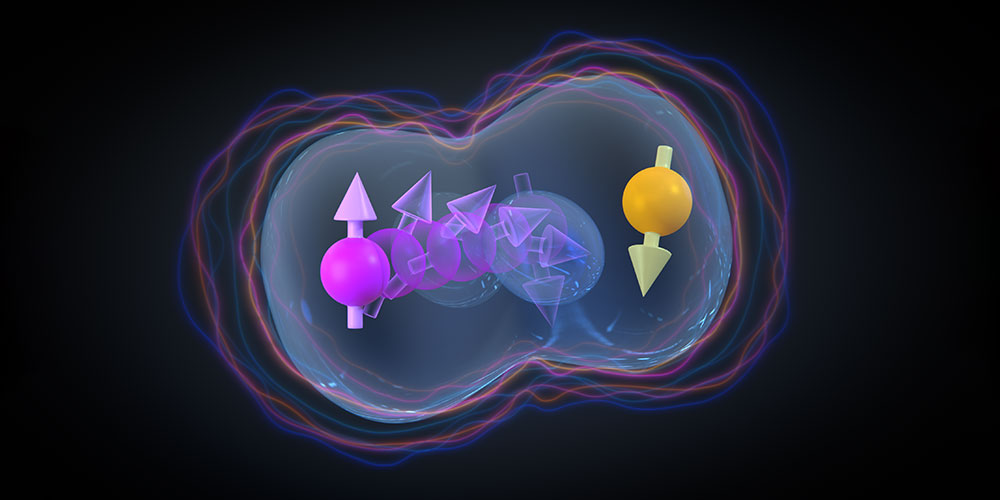
Researchers at the University of Basel and the University of Zurich have been able to prove that British squirrels carried leprosy bacteria as early as the Middle Ages. Further results revealed a link between the pathogens found in the medieval rodents and those in the local human population during that period.
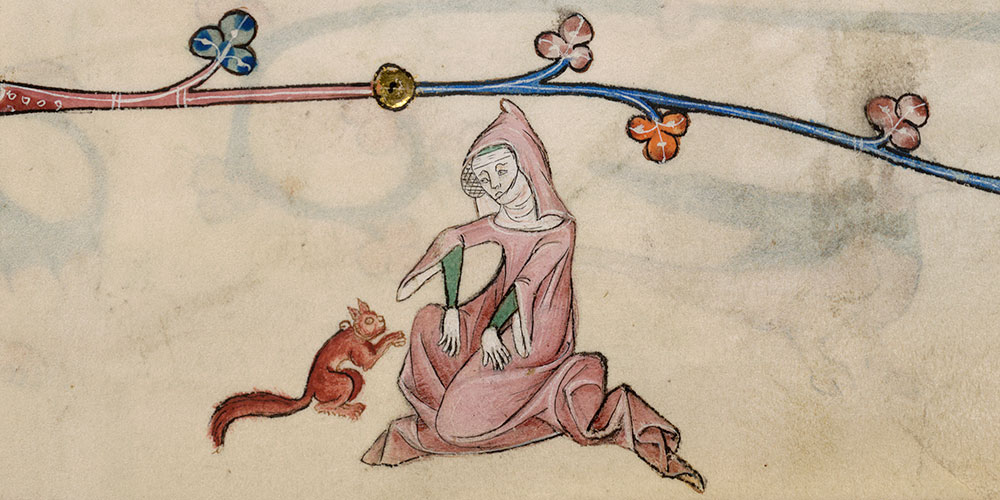
In 1974, the World Health Organization launched its Expanded Programme on Immunization. Now, 50 years later, a study shows that an estimated 154 million deaths have been averted thanks to immunization.
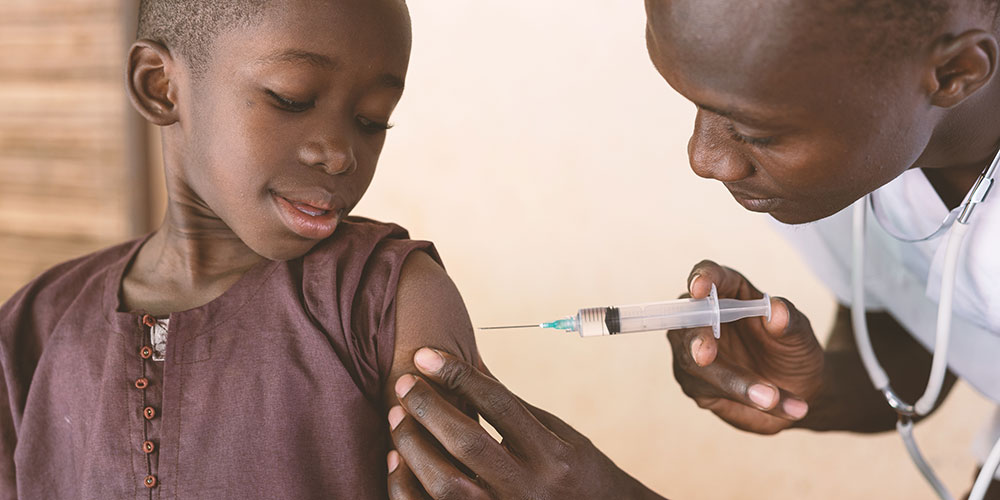
They are found as fragrances in cosmetics or as flavorings in food, and form the basis of new medications: Terpenes are natural substances that occur in plants, insects and sea sponges. They are difficult to produce synthetically. However, chemists at the University of Basel are now introducing a new method of synthesis.
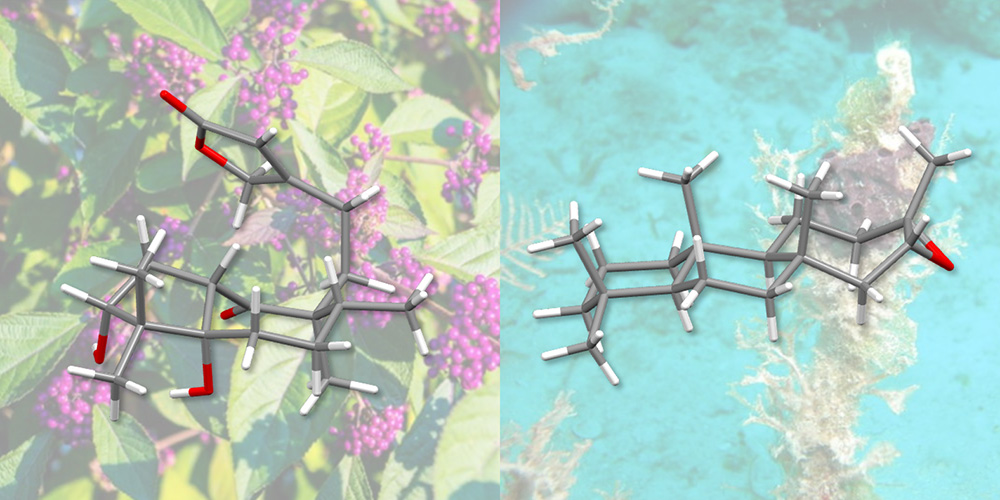
Tomasz Smoleński is to become the new assistant professor for experimental quantum nanophysics and/or quantum materials at the University of Basel. His research interests are in the field of condensed matter physics, quantum materials and quantum optics.
At the end of 2023, the university innovation initiative celebrated its first major success: the spin-off T3 Pharmaceuticals was acquired by Boehringer Ingelheim for up to CHF 450 million. We spoke to CEO Dr. Simon Ittig in an interview, who told us how the sale to the pharmaceutical company came about and what has changed as a result.
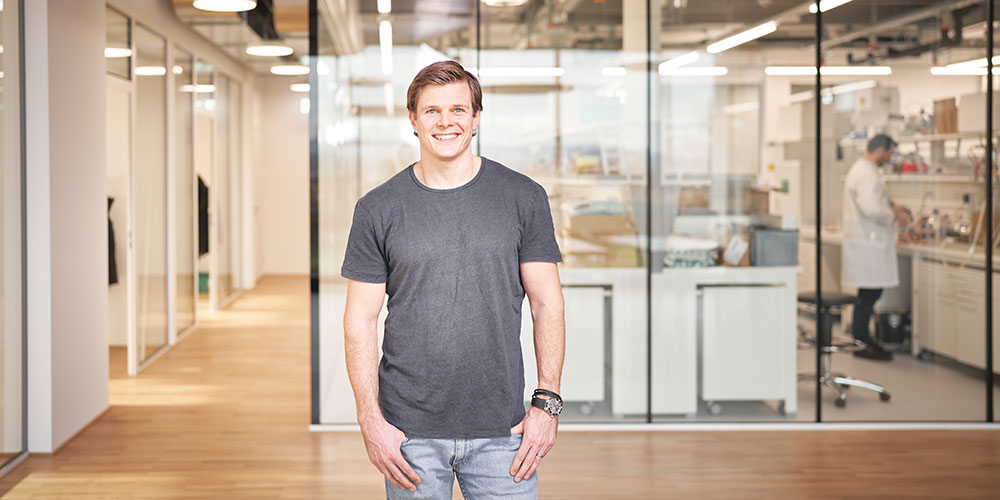davidwalter_038_1000x500.jpg)
Biomedical scientist Professor Primo Schär was elected Vice President for Research and thus successor to Professor Torsten Schwede by a large majority at yesterday’s Senate meeting. He will take up his post as President of the Research Council of the Swiss National Science Foundation on January 1, 2025 and will step down early from his university leadership role at the end of the spring semester.
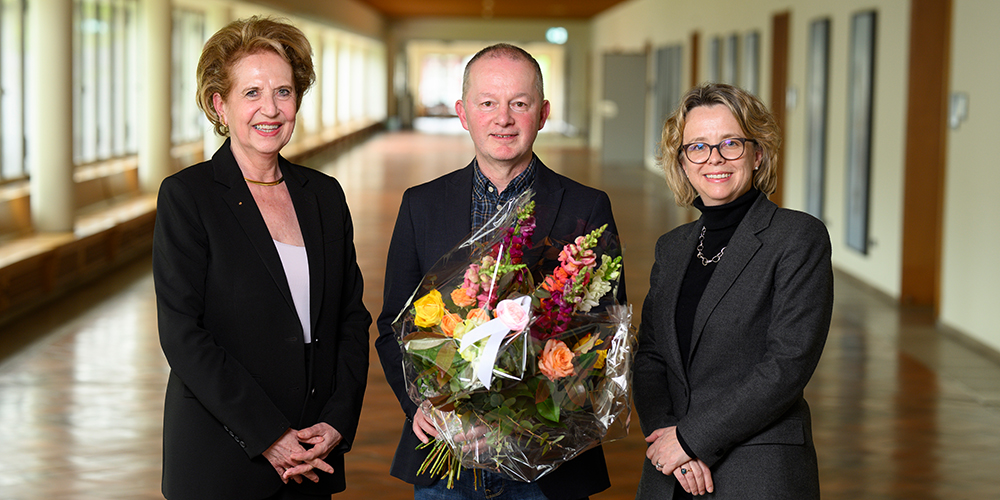
Cichlid fishes exhibit differing degrees of curiosity. The cause for this lies in their genes, as reported by researchers from the University of Basel in the journal Science. This trait influences the cichlids’ ability to adapt to new habitats.
